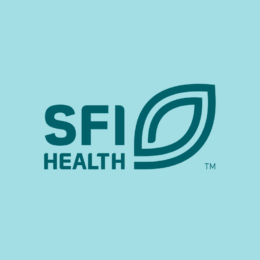 Clinical insight
Clinical insight 
Recent (2019) research has discovered a new cortisol-related mechanism for the specific extract Ze 117, which may answer the question as to why stress is often a key player in mood imbalances.
The extensive and well-established use of St John’s wort (Hypericum perforatum) for a wide range of mood imbalances is based on over 2000 years of use, including in ancient Greek and traditional European herbal medicine. There has also been significant clinical research over recent decades demonstrating its efficacy.1-3
This research has included considerable analysis to determine the modes of action responsible for its therapeutic efficacy in supporting healthy mood balance and relieve symptoms of stress and mild anxiety. While the full extent of St John’s wort activity is yet to be understood, several mechanisms have been elucidated.2 However, recent research has discovered a fascinating new mode of action of the St John’s wort extract Ze 117.4
With the known role of chronic stress as a significant aetiological factor in mood, an in vitro analysis investigated the impact of Ze 117 on plasma membrane fluidity in glioblastoma cells (C6) cells when exposed to cortisol for 6-8 days (i.e. chronic exposure). High cortisol may affect cell signalling pathways, membrane receptor activity and may contribute to the development of mood imbalances. St John’s wort extract Ze 117 was found to mediate and reverse these cortisol-induced effects on ‘stressed’ cell membranes, demonstrating a normalising effect on signalling pathways in stress-mediated mood imbalances.4
These effects are in addition to previously established modes of action of St John’s wort.5
The mechanisms exhibited by St John’s wort highlight the wisdom of its traditional use for mood support and the potential for further modes of action and clinical applications to be validated in the future.
To access the full version of this research article – login or register now.
